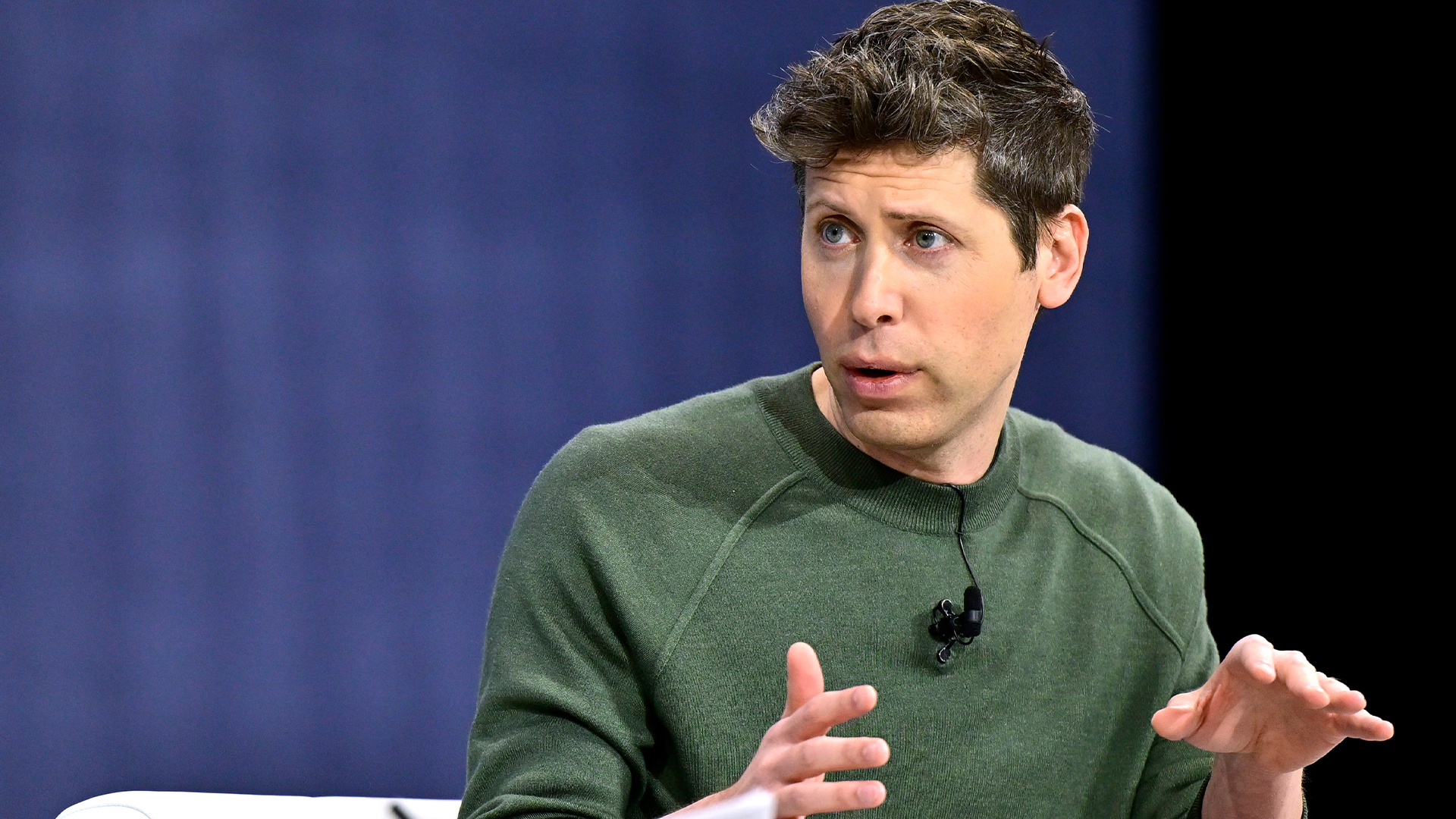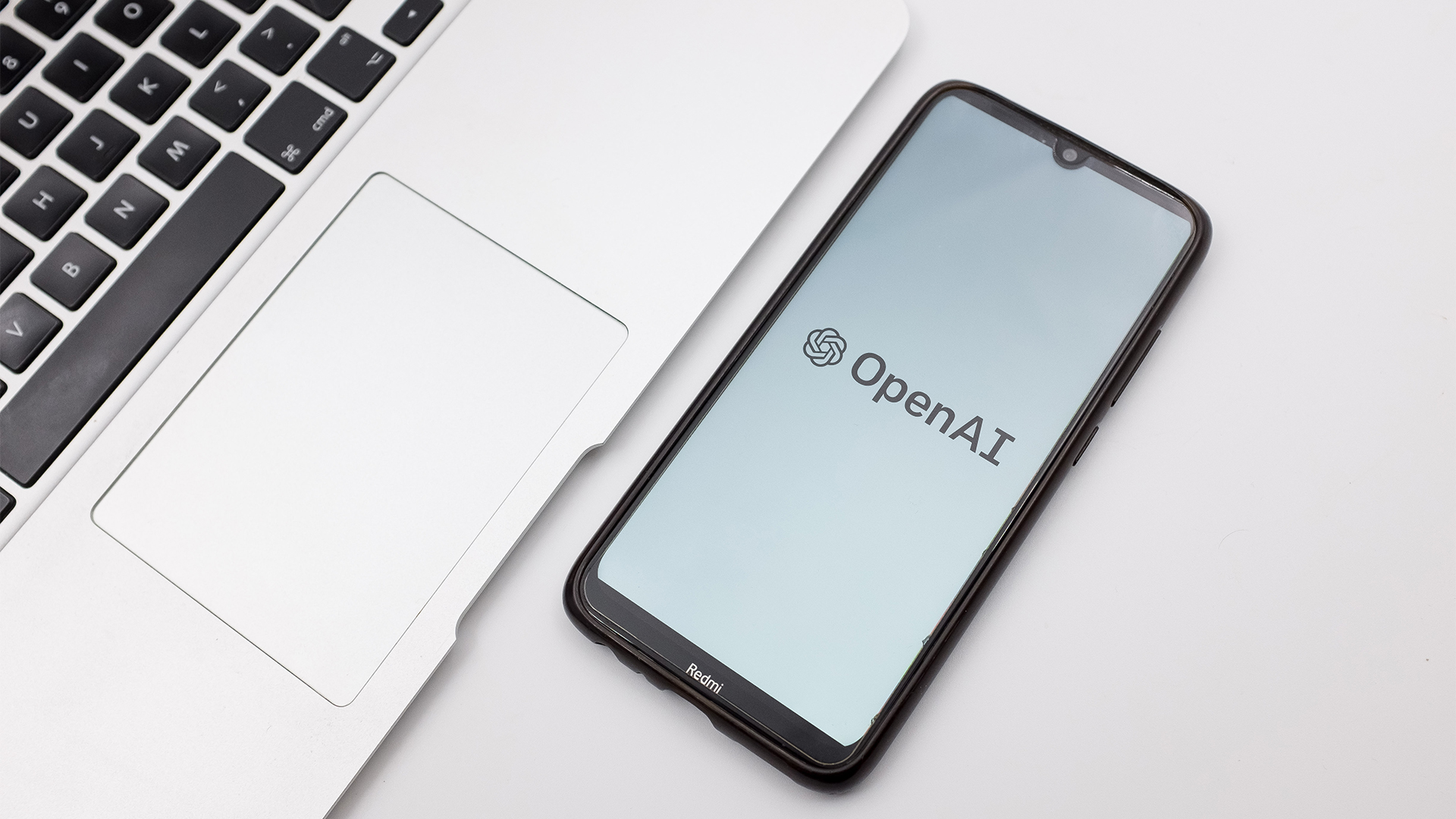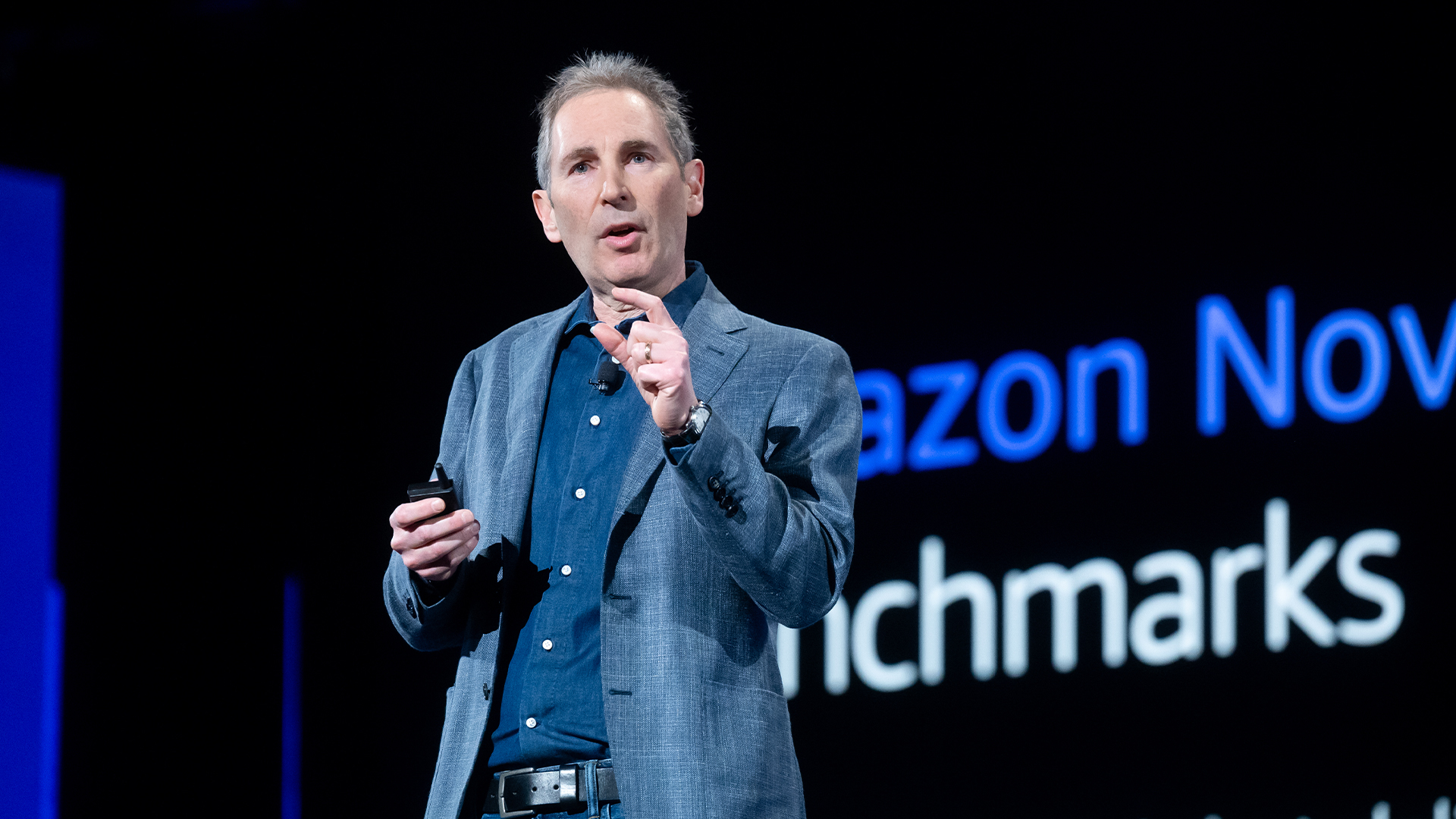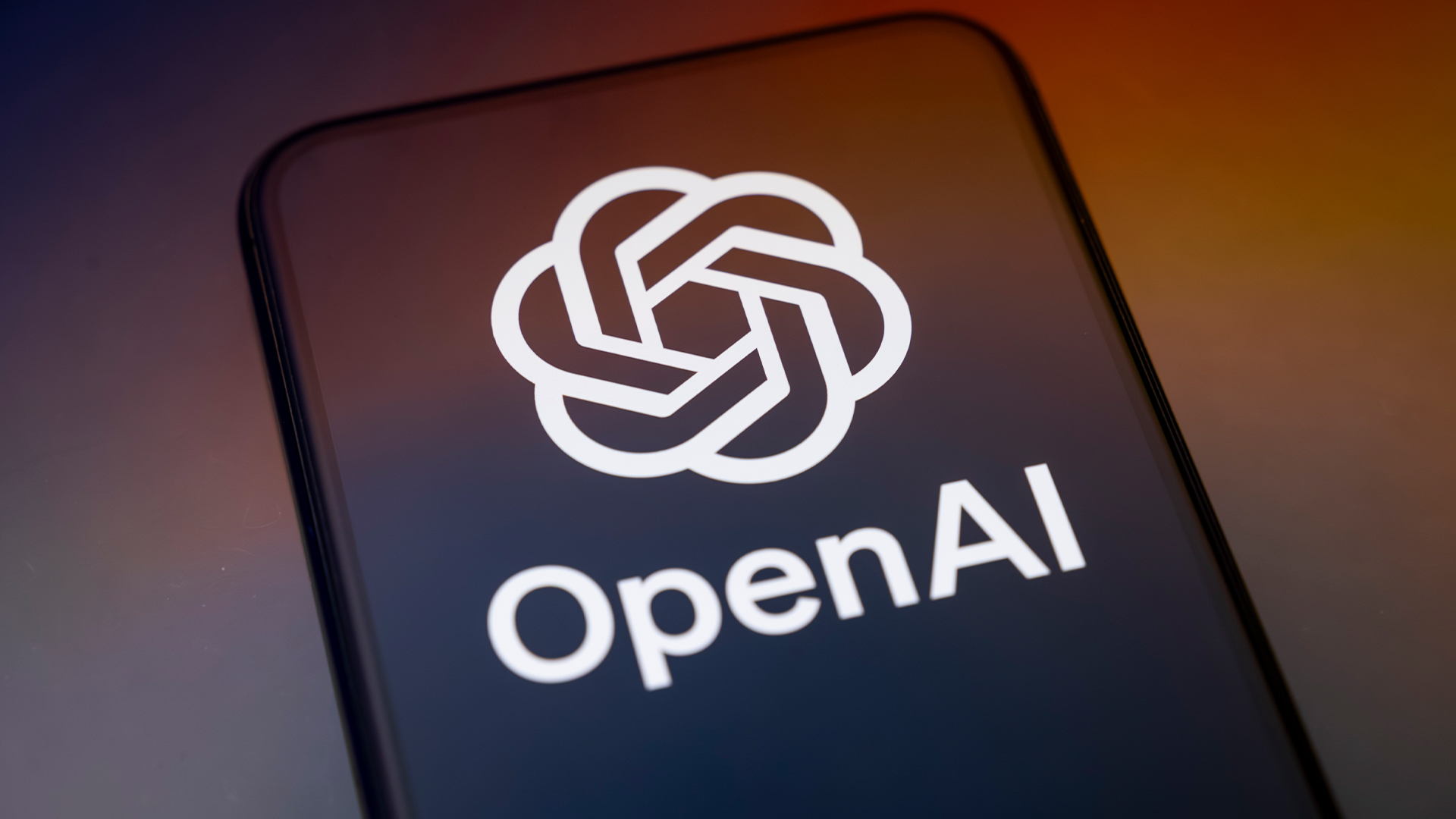'People use it much more than we expected': Sam Altman says OpenAI is 'losing money' despite launching $200 ChatGPT Pro subscription
Altman's comments about subscription prices raised eyebrows


Sign up today and you will receive a free copy of our Future Focus 2025 report - the leading guidance on AI, cybersecurity and other IT challenges as per 700+ senior executives
You are now subscribed
Your newsletter sign-up was successful
OpenAI is worried about its costs despite raising $20 billion in funding and growing to 300 million active users — and it’s all down to its popularity.
That's according to CEO Sam Altman, who earlier this month revealed the company was losing money on professional-level subscriptions despite them costing $200 a month.
The company unveiled its professional tier in December in addition to the $20 a month for standard users. Dubbed ‘ChatGPT Pro’, the service includes access to OpenAI's latest models, as well as faster processing, longer context windows, and advanced voice tools.
In a post on X, Altman said the tech giant was “currently losing money on OpenAI pro subscriptions”.
“People use it much more than we expected,” he added.
When asked by a follower if that was part of the plan to make the service look good, Altman disagreed.
"No, I personally chose the price and thought we would make some money," he said.
Sign up today and you will receive a free copy of our Future Focus 2025 report - the leading guidance on AI, cybersecurity and other IT challenges as per 700+ senior executives
It's clear that AI developers are still trying to unpick how much to charge customers — and it’s a difficult balancing act as businesses remain unclear about return on investment for AI projects and as AI development costs continue to mount.
Altman has previously said that OpenAI launched ChatGPT with no real idea for a business model. In an interview with Bloomberg, he recalled a meeting just after its launch where he said: "I’ll consider any idea for how we’re going to pay for this, but we can’t go on."
Initially, Altman told Bloomberg the company came up with "some truly horrible ideas" and eventually settled on a subscription model.
RELATED WHITEPAPER

The firm isn’t alone in its drive for subscription-based revenue streams. Earlier this month, Microsoft, which has invested billions in the firm, rolled out a new pricing structure for 365 Copilot Chat.
The standard version starts at $30 per person, but there's also a pay-as-you-go version to make it easier for companies to get started trialing the system.
Industry counterparts have also grappled with the idea of boosting revenue streams through a subscription-based model.
OpenAI’s continued losses and funding
OpenAI’s losses have been well publicized over the last few years. In September, the New York Times reported that the firm expected to make about $3.7 billion in revenue with costs of $8.7bn, suggesting an annual loss of $5bn.
This fueled concerns that the company was running out of money and risked facing bankruptcy unless it secured major funding.
But OpenAI answered that with a $6.6bn funding round in early October, valuing the AI leader at $157 billion. The investment round saw pledges from major industry players including Microsoft and Nvidia, as well as venture capital groups SoftBank and Thrive Capital.
OpenAI said at the time the money would help increase compute capacity and extend its leadership in the technology.
Of course, that sum — though significant — pays for less than a year of operating.
Freelance journalist Nicole Kobie first started writing for ITPro in 2007, with bylines in New Scientist, Wired, PC Pro and many more.
Nicole the author of a book about the history of technology, The Long History of the Future.
-
 OpenAI's Codex app is now available on macOS – and it’s free for some ChatGPT users for a limited time
OpenAI's Codex app is now available on macOS – and it’s free for some ChatGPT users for a limited timeNews OpenAI has rolled out the macOS app to help developers make more use of Codex in their work
-
 B2B Tech Future Focus - 2026
B2B Tech Future Focus - 2026Whitepaper Advice, insight, and trends for modern B2B IT leaders
-
 Amazon’s rumored OpenAI investment points to a “lack of confidence” in Nova model range
Amazon’s rumored OpenAI investment points to a “lack of confidence” in Nova model rangeNews The hyperscaler is among a number of firms targeting investment in the company
-
 OpenAI admits 'losing access to GPT‑4o will feel frustrating' for users – the company is pushing ahead with retirement plans anway
OpenAI admits 'losing access to GPT‑4o will feel frustrating' for users – the company is pushing ahead with retirement plans anwayNews OpenAI has confirmed plans to retire its popular GPT-4o model in February, citing increased uptake of its newer GPT-5 model range.
-
 ‘In the model race, it still trails’: Meta’s huge AI spending plans show it’s struggling to keep pace with OpenAI and Google – Mark Zuckerberg thinks the launch of agents that ‘really work’ will be the key
‘In the model race, it still trails’: Meta’s huge AI spending plans show it’s struggling to keep pace with OpenAI and Google – Mark Zuckerberg thinks the launch of agents that ‘really work’ will be the keyNews Meta CEO Mark Zuckerberg promises new models this year "will be good" as the tech giant looks to catch up in the AI race
-
 If Satya Nadella wants us to take AI seriously, let’s forget about mass adoption and start with a return on investment for those already using it
If Satya Nadella wants us to take AI seriously, let’s forget about mass adoption and start with a return on investment for those already using itOpinion The Microsoft chief said there’s a risk public sentiment might sour unless adoption is distributed more evenly
-
 Satya Nadella says a 'telltale sign' of an AI bubble is if it only benefits tech companies – but the technology is now having a huge impact in a range of industries
Satya Nadella says a 'telltale sign' of an AI bubble is if it only benefits tech companies – but the technology is now having a huge impact in a range of industriesNews Microsoft CEO Satya Nadella appears confident that the AI market isn’t in the midst of a bubble, but warned widespread adoption outside of the technology industry will be key to calming concerns.
-
 DeepSeek rocked Silicon Valley in January 2025 – one year on it looks set to shake things up again with a powerful new model release
DeepSeek rocked Silicon Valley in January 2025 – one year on it looks set to shake things up again with a powerful new model releaseAnalysis The Chinese AI company sent Silicon Valley into meltdown last year and it could rock the boat again with an upcoming model


